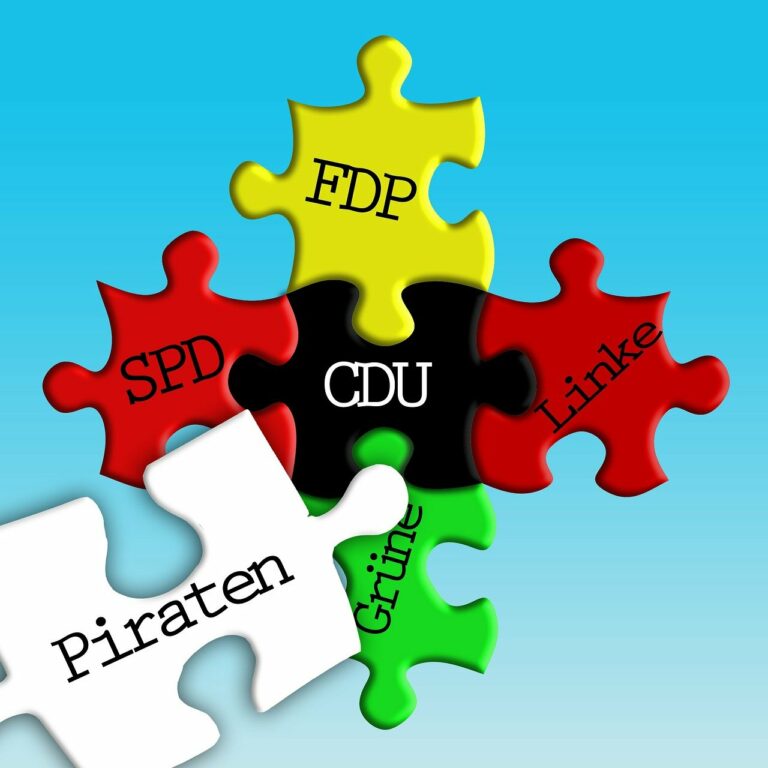The Role of Forensic Accounting in Election Auditing Investigations
world7.com, mahadev app login, silverexch login:Forensic accounting plays a crucial role in election auditing investigations by providing a systematic approach to uncovering fraud, errors, and irregularities in financial records. In the context of elections, the integrity of the voting process is essential to the democratic system. Ensuring that election results are accurate and free from manipulation is vital to maintaining public trust and confidence in the electoral process.
Forensic accountants are skilled professionals who are trained to investigate financial transactions and analyze data to detect potential irregularities. In the context of election auditing, forensic accountants work to verify the accuracy of financial statements and identify any discrepancies or inconsistencies that may indicate fraud or manipulation.
One of the key roles of forensic accounting in election auditing investigations is to analyze campaign finance records to ensure compliance with election laws and regulations. By examining campaign contributions, expenditures, and funds received, forensic accountants can identify any potential violations of election laws, such as illegal contributions or improper reporting of campaign expenses. This helps to ensure transparency and accountability in the electoral process.
Forensic accountants also play a crucial role in investigating allegations of electoral fraud, such as vote-buying, ballot tampering, or falsification of election results. By analyzing financial data and conducting interviews with key stakeholders, forensic accountants can uncover evidence of fraud and provide valuable insights into the integrity of the electoral process.
In addition to detecting fraud and ensuring compliance with election laws, forensic accountants can also help to improve the efficiency and effectiveness of election auditing procedures. By applying their expertise in data analysis and financial investigation, forensic accountants can provide recommendations for strengthening internal controls and identifying areas for improvement in the auditing process. This can help to prevent future instances of fraud and enhance the overall integrity of the electoral system.
In conclusion, forensic accounting plays a crucial role in election auditing investigations by providing a systematic and thorough approach to detecting fraud, ensuring compliance with election laws, and improving the efficiency of auditing procedures. By working diligently to uncover financial irregularities and enhance transparency in the electoral process, forensic accountants help to safeguard the integrity of elections and uphold the principles of democracy.
—
Headings:
1. Introduction to Forensic Accounting in Election Auditing
2. Analyzing Campaign Finance Records
3. Investigating Allegations of Electoral Fraud
4. Enhancing Efficiency in Election Auditing Procedures
5. Conclusion
—
FAQs:
Q: What qualifications are required to become a forensic accountant?
A: Forensic accountants typically have a background in accounting or finance and may also hold certifications such as Certified Fraud Examiner (CFE) or Certified Public Accountant (CPA).
Q: How long does it take to conduct a forensic accounting investigation in an election audit?
A: The timeframe for a forensic accounting investigation in an election audit can vary depending on the complexity of the case and the amount of data to be analyzed. Some investigations may be completed within a few weeks, while others may take several months to complete.
Q: Can forensic accountants testify in court as expert witnesses?
A: Yes, forensic accountants can provide expert testimony in legal proceedings to present their findings and conclusions based on their investigation. Their expertise in financial analysis and data interpretation can be valuable in supporting legal cases related to election fraud or financial irregularities.







